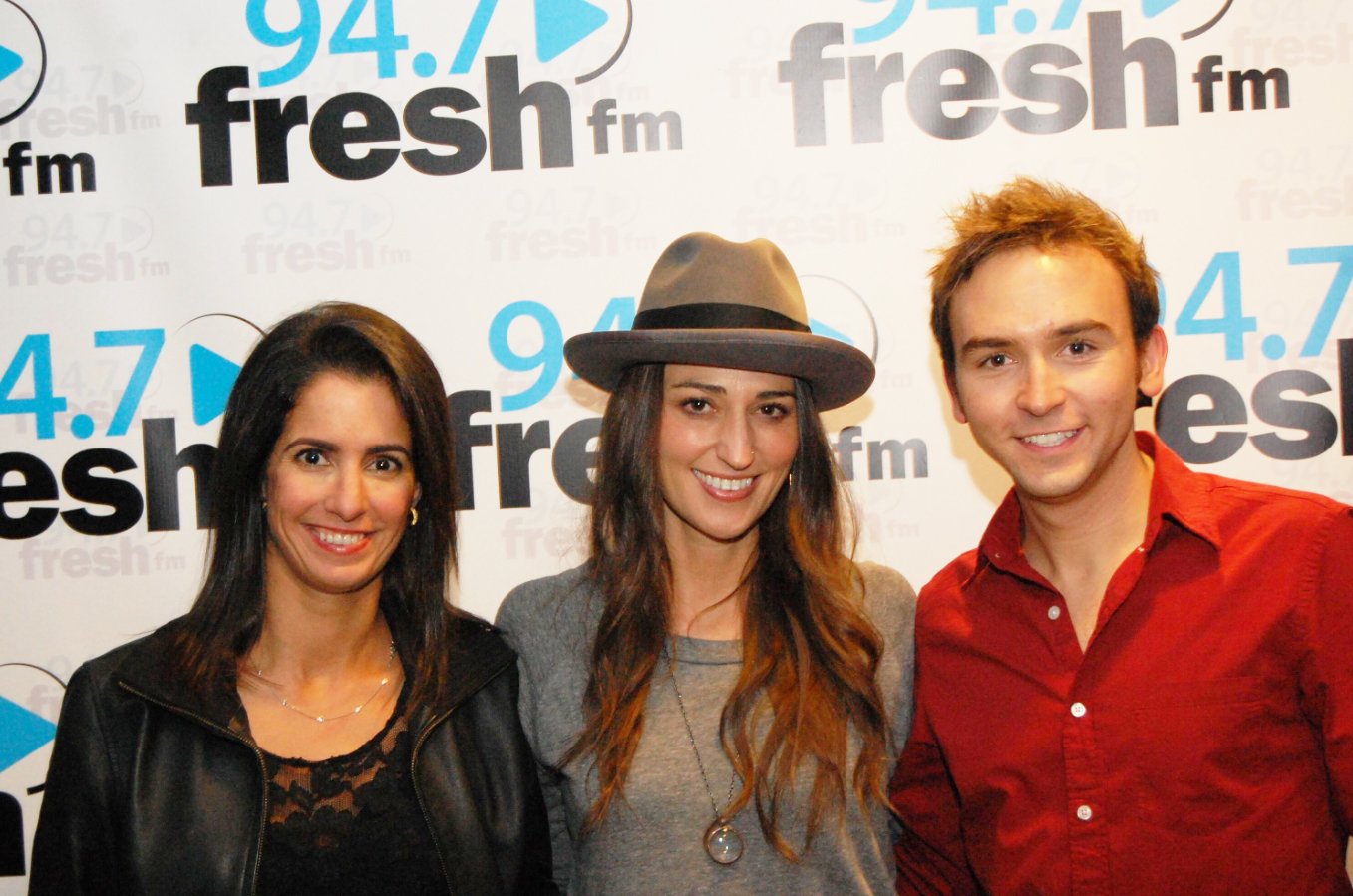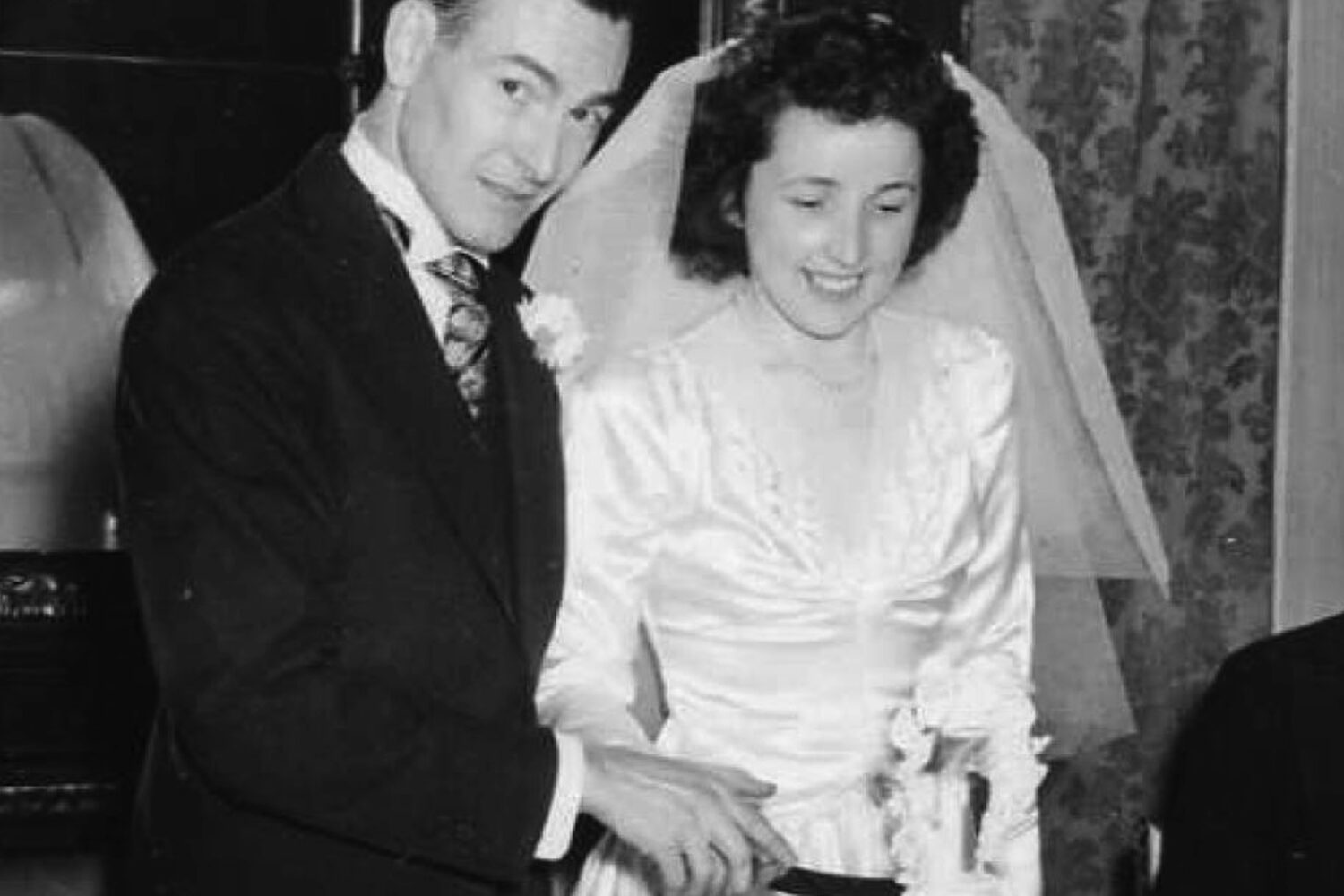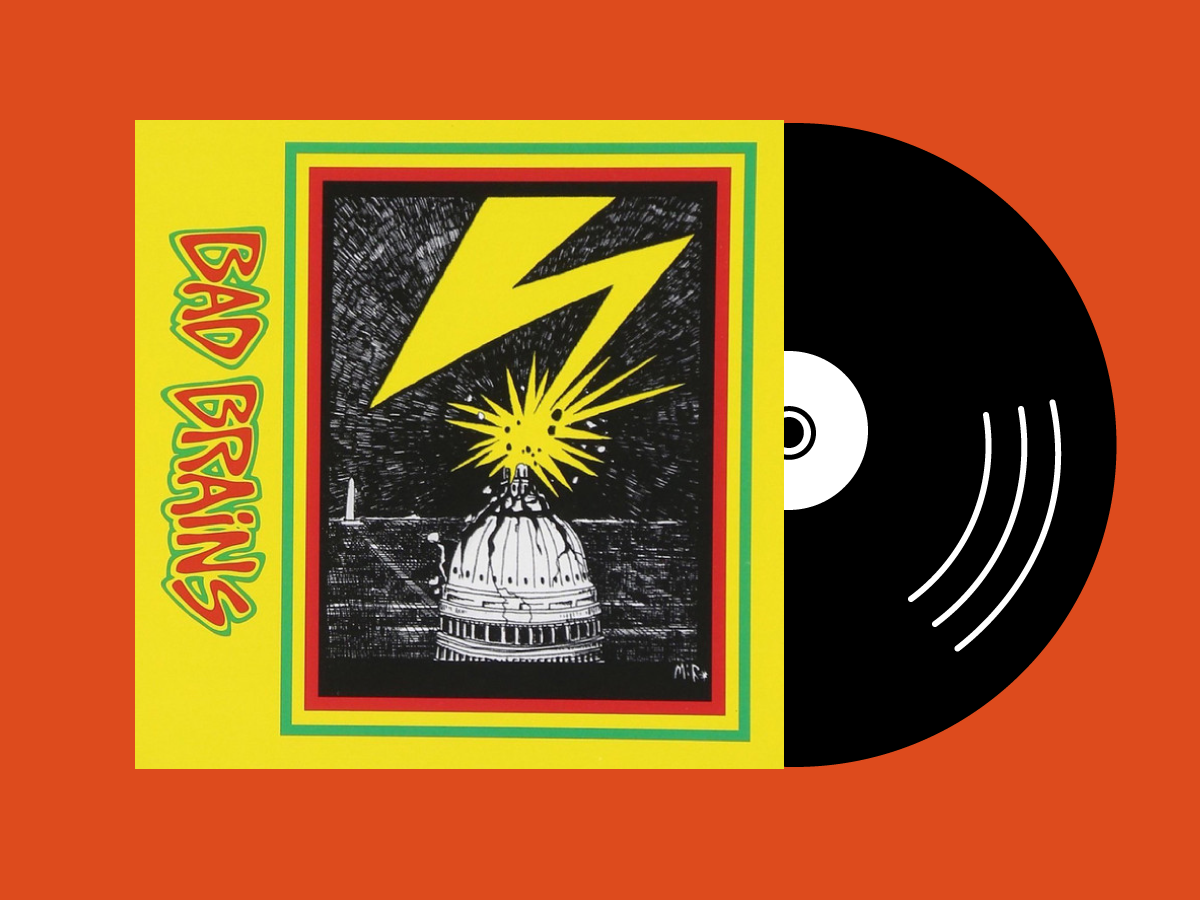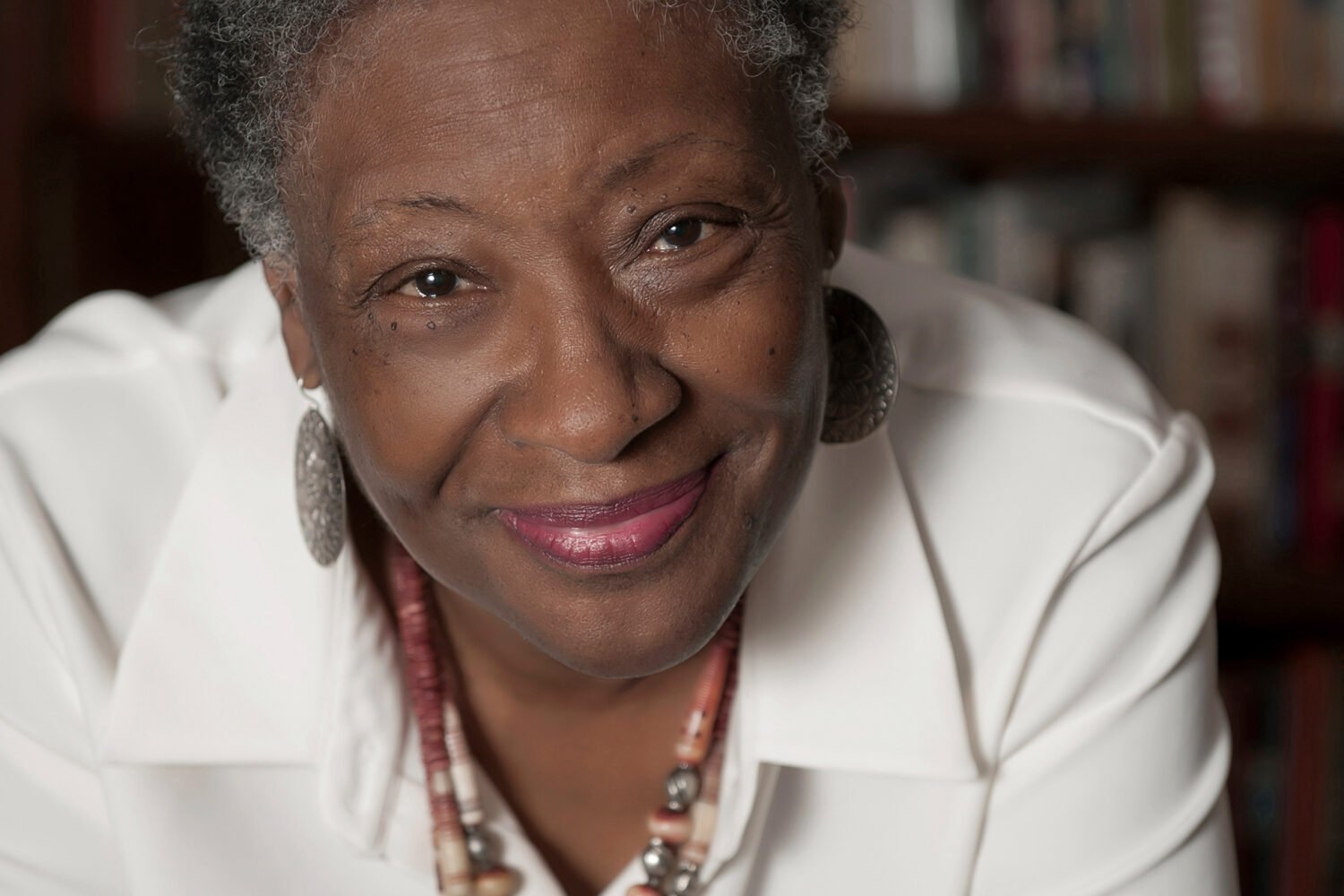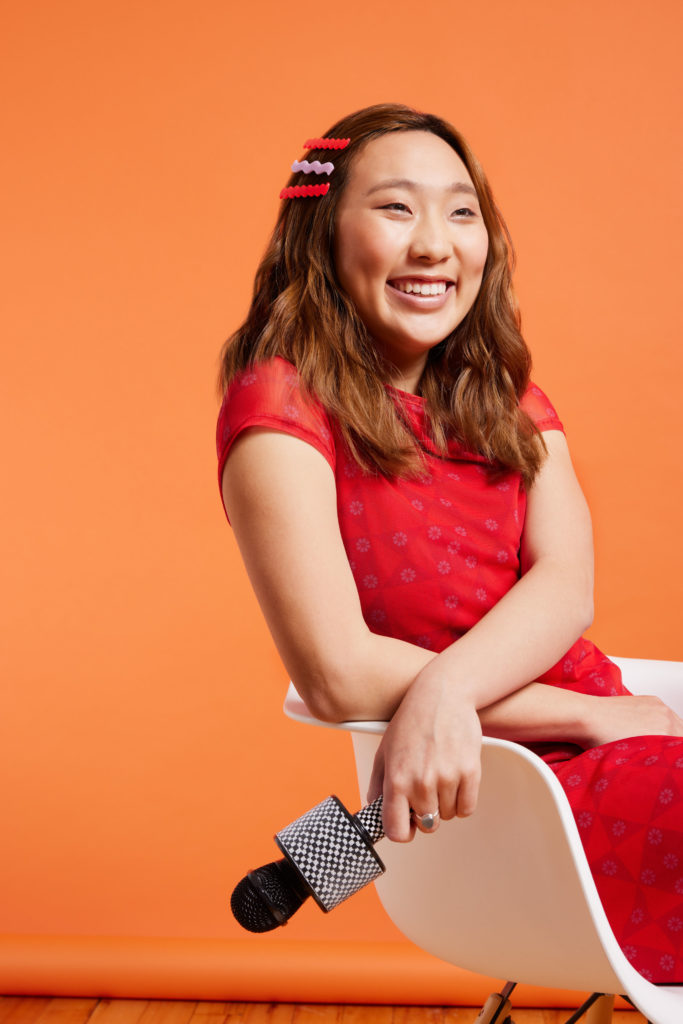
“There’s not a lot of comedy in Northern Virginia, and I got tired of waiting for things I wanted to do—I just wanted to make something. So I was trying to crank out a magazine that terrorized Fairfax County Public Schools and our high school [George C. Marshall]. I wanted to create a space I hadn’t seen before. I was 15 when I started the Scuttlebutt. I kind of figured out early in life that instead of waiting for someone to give you a shot, [you need] to make your own shot.
“I think the ‘class clown’ always is, like, the goofy guy who is super loud and boisterous. I knew I could make people laugh, and I wanted us to do that without having to be what other people probably thought was funny in high school.
“ ‘Magazine’ is such a strong word for it—it was a WordPress website. I just read as many Reductress articles as I could and tried to recreate the format, then I begged my friends to write anything. They would write something, I edited that, then they would write it again and we would publish it. It was really chill.
“I think FCPS can be a cutthroat place in the newspaper, yearbook, or any kind of intense, competitive place. It was fun to make a third alternative and be like, ‘This doesn’t matter. This is something we write to poke fun at how stupid high school is.’
“One of the first ways I realized I wanted to be a comedy writer was reading Mindy Kaling’s books and realizing that a comedy writers’ room was like a group of friends riffing, finding jokes, and finding funny stories to write, and I really wanted that. So I tried to make that space for ourselves.
“This is cliché, but teamwork is probably the most important part of comedy. To make a really great show is the same thing as to make a really good magazine. It’s just always, always appreciating each other, patting each other on the back, giving kudos, and trying to make a space that’s positive. I’ve been in a lot of spaces where you’re competitive or feel like laughter is a currency. Comedy is fun when everyone is supporting each other.”
This article appears in the July 2022 issue of Washingtonian.







